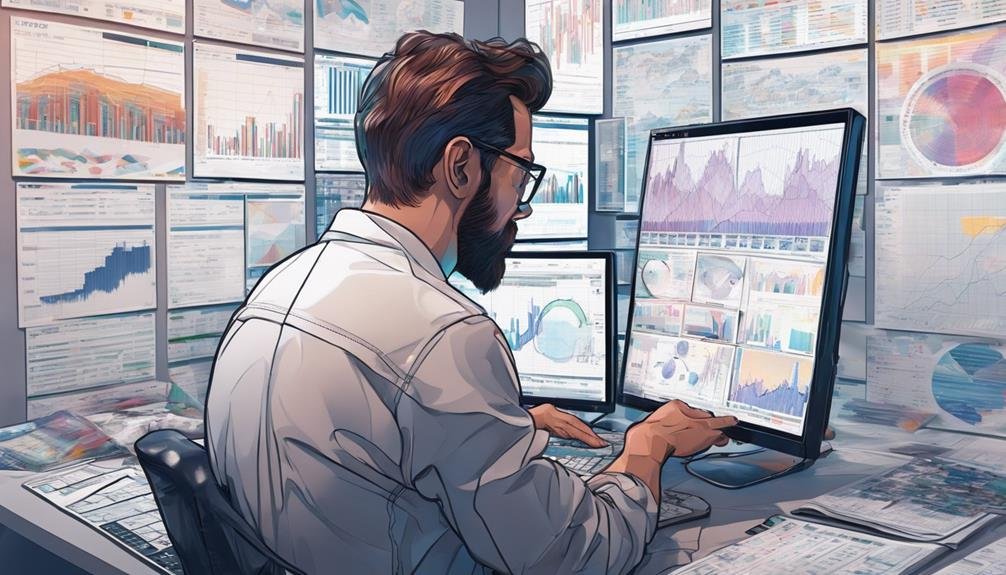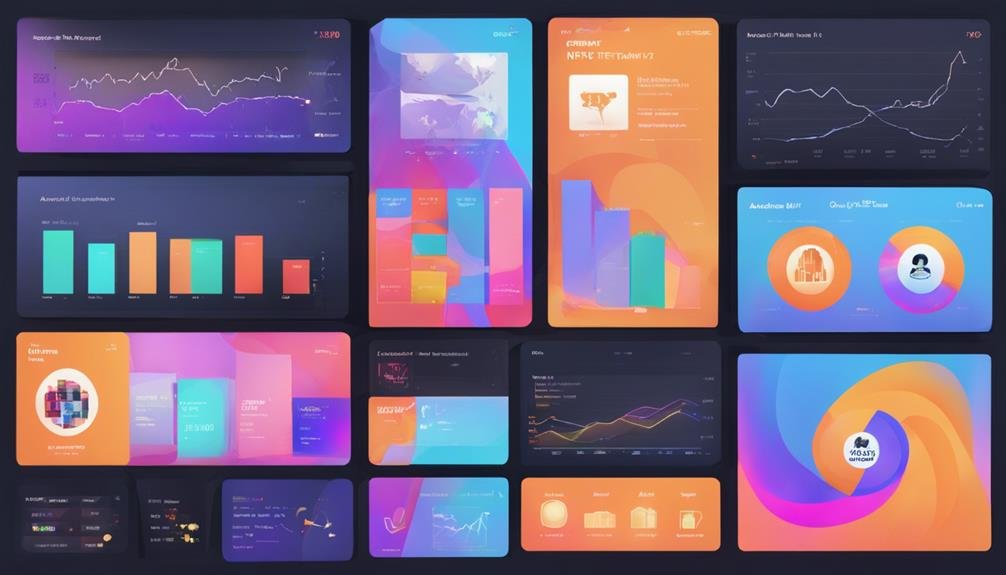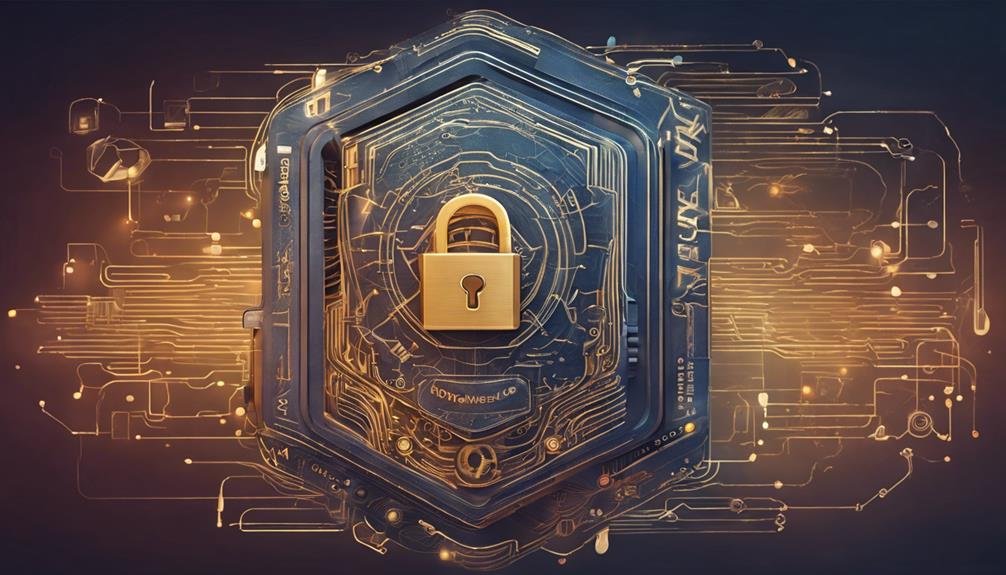Understand marketplaces like OpenSea, Rarible, and SuperRare to excel in NFT trading. Choose wisely based on blockchain support, fees, security, and user feedback. Prioritize secure wallets such as MetaMask for storing NFTs safely. Research scarcity, utility, demand, and provenance for value indicators. Watch gas fees, wallet compatibility, and market trends for successful trades. Active involvement is key to thriving.
Mastering these tactics is essential for navigating the complexities of NFT trading effectively and maximizing profits. With a solid understanding of these fundamentals, traders can optimize their strategies and enhance their success in the dynamic NFT market.
Table of Contents
Brief Overview of NFT Trading Strategies For Beginners
- Understand NFT value factors: scarcity, utility, demand, provenance, and creator reputation.
- Choose the right NFT marketplace based on fees, security, blockchain compatibility, and community feedback.
- Secure a reputable crypto wallet like MetaMask for storing and managing NFTs.
- Optimize trades by considering gas fees, market trends, wallet integration, and community engagement.
- Research NFT values to make informed trading decisions and build a successful NFT portfolio.
Understanding NFT Marketplaces and Platforms
Understanding NFT marketplaces and platforms is vital for beginners looking to navigate the diverse landscape of digital asset trading. NFTs, or non-fungible tokens, have gained significant popularity recently, creating a new avenue for collectors and investors. NFT marketplaces like OpenSea, Rarible, and SuperRare provide platforms for buying, selling, and trading these unique digital assets. OpenSea, the largest NFT marketplace, boasts over 4 million NFTs and an impressive $8 billion in trading volume. Rarible stands out for its user-friendly interface and decentralized marketplace model, making it a popular choice among NFT traders.
On the other hand, SuperRare focuses on high-quality, curated digital art NFTs, catering to art collectors and enthusiasts. Understanding these NFT marketplaces’ different features and offerings is essential for NFT traders to make informed decisions when engaging in NFT trading. Having a crypto wallet to store and manage NFTs acquired from these platforms securely is also important.
Choosing the Right NFT Marketplace

Exploring the diverse landscape of digital asset trading requires careful consideration when selecting the right NFT marketplace. Factors such as supported blockchains, user interface, fees charged, trading options, security measures, reputation, and community feedback are pivotal in choosing the most suitable platform for your NFT transactions.
When evaluating NFT marketplaces, it is essential to consider blockchain compatibility to guarantee that your digital assets align with the platform’s technology. Additionally, assessing the user interface and ease of navigation can enhance your trading experience and efficiency. Comparing the fees, including transaction and gas fees, is crucial to optimize your profits and minimize costs.
Furthermore, look for NFT marketplaces offering diverse trading options like auctions, direct sales, royalties, and curation features to expand your opportunities. Prioritize platforms with robust security measures, positive reputation, and favorable community feedback to create a safe trading environment. Selecting the right marketplace is a critical decision that impacts your overall NFT trading experience.
Setting Up Your Crypto Wallet

Establishing a secure storage solution for your NFTs is vital in digital asset trading, starting with selecting a reputable crypto wallet like MetaMask or Trust Wallet. These wallets provide a secure space for your NFT collection while also enabling seamless trading experiences. When setting up your crypto wallet, creating an account on the platform and diligently safeguarding your private keys to maintain ownership and security is essential. Additionally, funding your wallet with cryptocurrency is necessary to facilitate NFT purchases and trades.
To guarantee compatibility with the Ethereum blockchain, a common platform for NFT transactions, verify that your chosen crypto wallet supports this technology. You can connect to NFT marketplaces like OpenSea or Rarible directly from your wallet, streamlining the trading process. A secure crypto wallet is the foundation for your NFT journey, providing a reliable and protected space for your valuable digital assets.
Researching NFT Value Factors

Researching NFT value factors involves analyzing various aspects such as scarcity, uniqueness, utility, provenance, market demand, and the creator’s reputation. Scarcity, or the limited availability of an NFT, is a key driver of its value, with rarer items often commanding higher prices due to increased desirability. The uniqueness of the digital asset, along with its utility or functionality, can also influence its market value.
Provenance, which refers to an NFT’s origin and ownership history, plays an important role in establishing its authenticity and value. Moreover, market demand and trends are dynamic factors that can impact the pricing of NFTs, making it essential for traders to stay informed and adapt their strategies accordingly. Evaluating historical sales data and monitoring market trends are essential steps in accurately evaluating the value of an NFT collection, enabling traders to make well-informed decisions when exploring the NFT market.
Executing NFT Trades Successfully

To excel in the NFT market, adept traders must navigate the intricacies of executing successful trades, encompassing considerations such as gas fees, wallet integration, and market engagement. When buying NFTs, it is crucial to factor in gas fees, which represent the transaction costs on the Ethereum blockchain. On the other hand, selling NFTs involves:
- Integrating your wallet with the marketplace.
- Listing items for sale.
- Transferring ownership of the digital asset to the buyer.
Understanding NFT trading requires insight into marketplace fees, user interface functionality, and the transaction process. Successful NFT trading further entails monitoring market trends, accurately valuing NFTs, and actively engaging with the community. By staying informed about these aspects and actively participating in the ecosystem, traders can enhance their chances of executing profitable NFT trades and building a successful portfolio.
Managing Your NFT Portfolio

Diversifying holdings across various projects and collections is essential for risk mitigation and maximizing potential returns when managing an NFT portfolio. Keeping track of the value of your NFT portfolio through digital asset management platforms allows you to stay informed about market trends and make informed decisions. It’s important to adjust your holdings based on your investment goals and the performance of different assets to maintain a balanced and profitable portfolio.
Utilizing hardware wallets for secure storage of your NFTs is vital in protecting them against potential theft or security breaches. Regularly updating your security protocols and staying vigilant will help safeguard your NFT collection against vulnerabilities and risks in the ever-evolving digital landscape. By implementing these NFT portfolio management strategies, you can effectively navigate the market and optimize your investment opportunities while prioritizing the security and growth of your digital assets.
Ensuring NFT Storage and Security

To safeguard your NFT assets against potential theft and hacking, utilizing offline hardware wallets is essential for secure storage and protection. Secure NFT storage involves using hardware wallets to protect digital assets from unauthorized access and theft. Understanding smart contract terms is vital for safeguarding NFT ownership and guaranteeing secure transactions. Diligent security practices, such as regularly updating security protocols, are necessary to mitigate vulnerabilities in NFT storage.
Protecting against theft requires implementing robust security measures and safeguarding access to digital wallets. Regularly updating security protocols is crucial to prevent unauthorized access and assure the safety of stored NFTs. Individuals can enhance the protection of their valuable NFT assets by prioritizing security measures, including the use of hardware wallets, understanding smart contract terms, and updating protocols regularly.
Frequently Asked Questions
How Do I Get Started With NFT Trading?
To start NFT trading, set up an NFT wallet, research trends, set budgets, join communities, understand gas fees, identify valuable NFTs, leverage social media, engage with artists, manage risk, and diversify your portfolio for success.
How Do You Succeed in NFT Trading?
To succeed in NFT trading, one must master risk management, market analysis, trend spotting, portfolio diversification, timing strategies, community engagement, art authentication, tech integration, legal considerations, and emotional discipline. Success hinges on meticulous planning, continuous learning, and adaptability.
Is NFT Trading Profitable?
NFT trading can be profitable with strategic risk management, understanding market trends, utilizing investment strategies, appraising art valuation, recognizing digital assets’ value in the collectibles market, considering token economics and rarity factors, fostering community engagement, and adhering to legal considerations.
Which NFT Platform Is Best for Beginners?
When considering top marketplaces for NFT beginners, factors such as user interface, security measures, community support, fee structures, art authenticity, payment options, NFT curation, minting process, and secondary market opportunities should be weighed for the best experience.
Conclusion
To sum up, NFT trading offers a unique opportunity for investors to participate in the digital art world. According to recent data, the NFT market saw a staggering $2.5 billion in sales in the first half of 2021 alone, indicating a growing interest in this emerging asset class. By following the beginner’s guide to NFT trading tactics, individuals can navigate the complexities of the market, make informed decisions, and potentially capitalize on the growing popularity of non-fungible tokens.




